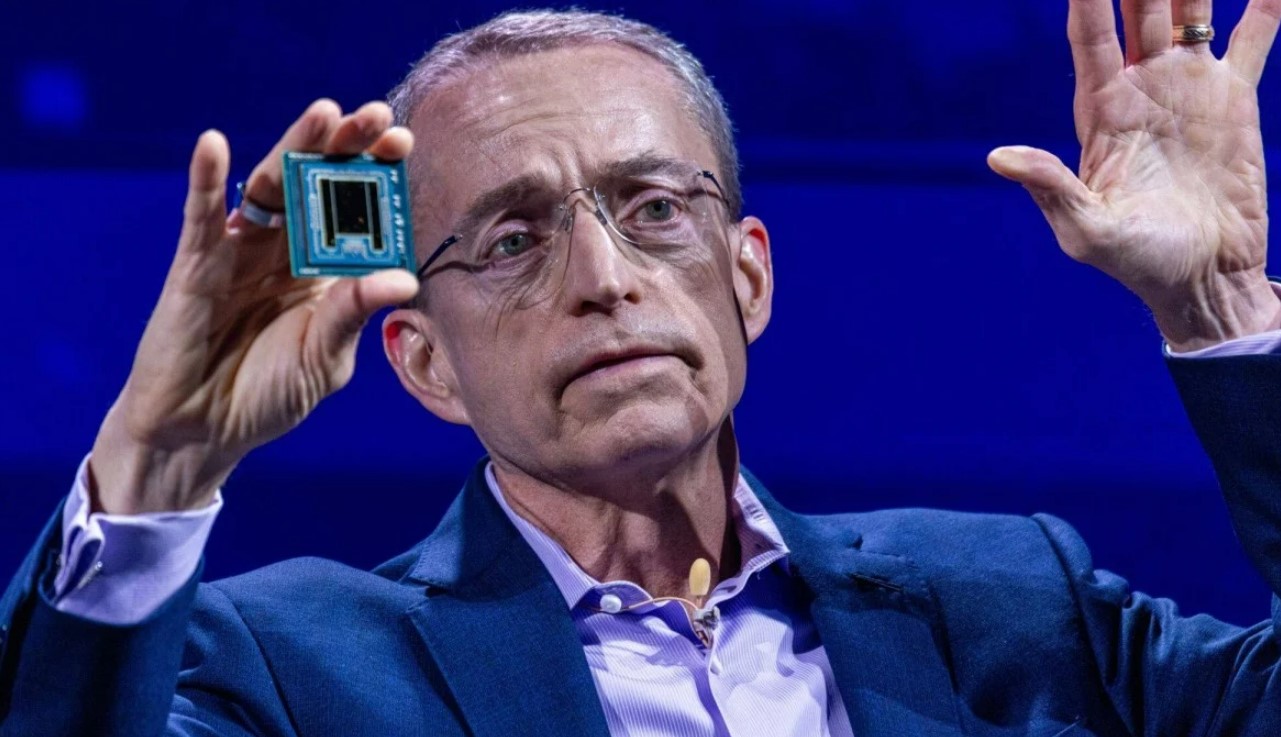The AI chip battle is heating up. After NVIDIA and AMD successively introduced new-generation chips at COMPUTEX Taipei, Intel, not to be outdone, also launched its new AI chip for data centers, the Xeon 6, on Tuesday, showing its determination to challenge competitors NVIDIA and AMD.
Intel CEO Pat Gelsinger stated that the Xeon 6 processor will offer better performance and energy efficiency for high-intensity data center workloads compared to its predecessors, allowing operators to reduce the required space to one-third of the previous generation hardware.
Like its competitors AMD and Qualcomm, Intel has heavily promoted the significantly superior performance of its new chip over existing ones. In earlier keynotes at COMPUTEX Taipei, the CEOs of AMD and Qualcomm used Intel's laptop and desktop processors to demonstrate their leading edge in certain technologies.
At COMPUTEX Taipei, Intel countered NVIDIA's claim that Moore's Law is dead, asserting that Moore's Law is still valid and that Intel will play a crucial role in the proliferation of artificial intelligence. Gelsinger stated that Intel's Gaudi system, provided by partners such as Dell Technologies and Inventec, compiles Intel chips into multiple processor packages specifically designed for handling generative AI training.

Figure: Intel's new AI chip Xeon6
Reportedly, a package containing eight Intel Gaudi2 accelerators is priced at $65,000, while a more powerful package containing eight Intel Gaudi3 accelerators is priced at $125,000, both of which are more affordable than competitors' products. Each Gaudi 3 cluster consists of 8,192 accelerators, and Intel estimates it can reduce AI model training time by 40% compared to an equivalently sized Nvidia H100 GPU cluster.
Intel also claimed that, based on measurements with popular models like those from Meta Platforms and Mistral, Gaudi 3 performs AI inference tasks twice as fast as Nvidia's H100.
neXt Curve analyst Leonard Lee stated, "The performance of each accelerator is no longer the most important factor." NVIDIA's greatest advantage lies in having a cohesive and integrated ecosystem and proprietary technologies, such as NVLink, to ensure its compute clusters operate as a whole. He mentioned that its power lies in creating a massive logical accelerator.
For decades, Intel has been a leader in the computer industry, but its revenue has declined over the past two years due to falling behind competitors. Three years ago, Gelsinger returned to Intel to reverse the company's fortunes. He has invested heavily in revitalizing the company's products and building a network of factories, which he claims will reclaim leadership in chip design and manufacturing.
Although Intel's sales have stopped shrinking, analysts expect it won't rebound quickly, with the company's revenue by the end of 2024 projected to be $20 billion less than in 2021.






